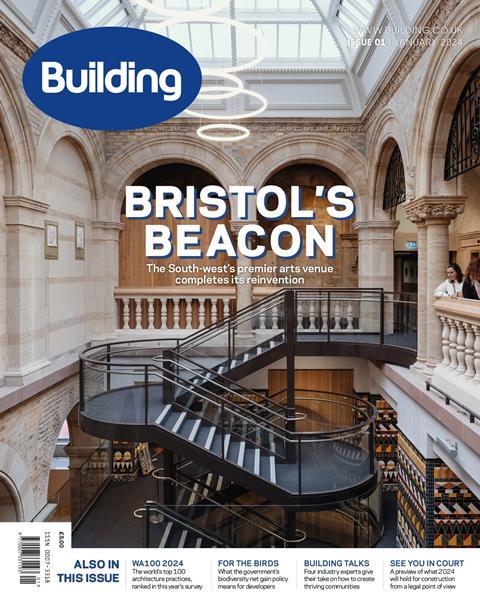The UK’s airstrikes in Yemen and the inflation risk from shipping disruption are a reminder of just how vulnerable our economy is to geopolitical events

What word best sums up 2024 so far? Uncertainty, without a doubt.
Instability in the Middle East with the Israel Hamas conflict, airstrikes in Yemen in response the Red Sea shipping crisis, deadlock in the near two-year old war Ukraine, China flexing its muscles over Taiwan’s presidential election. The list goes on.
The year has started with another reminder of just how much UK politics and the economy are at the mercy of global events. And foreign secretary David Cameron underlined the point at the weekend, saying: “It’s hard to remember a more unstable and dangerous and uncertain world. The red lights on the global dashboard are very much flashing”.
His remarks to the media were in defence of the UK joining the US in airstrikes against Houthi targets, but clearly multiple pressure points around the world are being felt. And all of this is happening as elections that will cover over 40% of the global population are due to be held, including in the UK and US where political power is likely to switch with policy consequences that are hard to predict.
>> Also read: Red Sea crisis: how worried does construction really need to be?
Disruption to trade routes in the Red Sea is in the spotlight right now because it affects input costs for businesses and consumers, just at the point where economies were recovering from a high inflationary period. Interest rates are still high but the markets were expecting them to come down this year, that could now be at risk.
Regardless of the latest geopolitical developments, a snapshot of the news headlines this month reveals an industry already under considerable pressure
And what of the UK construction and housebuilding market? The rising costs of shipping containters could become “a significant issue” for construction products, according to the CPA’s boss Peter Caplehorn. Already there is some evidence that disruption to supplies is having an impact on productivity and costs, and no one knows if the situation will get worse.
Regardless of this current crisis, the industry is under considerable pressure. AHMM is just one architect to take a hit to its bottom line, reporting another year of pre-tax losses, as it reels from the effects of the war in Ukraine, inflation and rising energy costs. Its note accompanying its accounts will chime with many, many companies at the moment, saying: “[interest rates] have adversely impacted some of our clients’ financial assessments of their projects, causing some to be paused indefinitely or else their start to be deferred for a period”.
>> Also read: The revised planning framework is not as bad as feared - but don’t thank Gove
The latest government data showing that output has slowed further caused by a 2% slump in November’s new work, with housebuilding rates taking a particular hit.
Residential development is most definitely at a low point, with volume housebuilders planning to cut output in 2024 in response to mortgage market challenges. Housing completions dropped 15% in the third quarter of last year compared with 2022’s figures, and the NHBC statistics for housing starts were even worse, down 57% – which does not bode well for this year.
We already have a major casualty, with the former top 30 firm Stewart Milne going into administration last week costing over 200 jobs. On top of that, the pressure felt by volumetric housebuilders last year continued into this month with the collapse of another start-up Modulous as options for new funding ran out.
With such market challenges, can housebuilders take any solace in the current government’s direction of travel when it comes to policy? At the tail end of last year housing secretary Michael Gove launched the new version of the NPPF, the government’s core national planning policy. As Joey Gardiner explains, this sets the parameters for councils to draw up local plans and take development decisions.
The industry may have breathed a collective sigh of relief that Gove has not pressed ahead with some of the most anti-development ideas contained a year ago in the original consultation. But the reality is that housebuilders are still faced with a set of changes that will make it harder to build homes, which is surely not what a country with a housing crisis needs.
Clearly, the construction industry – in particular the residential development sector – is in need of some support. But unfortunately until we know the outcome of the election due this autumn, according to the PM’s “working assumption”, uncertainty rules.
In the meantime, the industry does itself no favours when the likes of Vistry are perceived to be beating down prices from the supply chain. Stephen Teagle, partnerships boss at Vistry, is at pains to explain that talks with suppliers have been “positive” and the focus has been on making efficiencies and more work over the long term. These particular suppliers may indeed be fine with that arrangement, but it is hardly a good look.
This is surely the moment when the big players put the rhetoric of “collaboration” into action, and take real steps to support their suppliers. It is in no one’s interests to see a cascade effect of more and more firms going under in 2024.
Chloë McCulloch is the editor of �ڶ�����



























